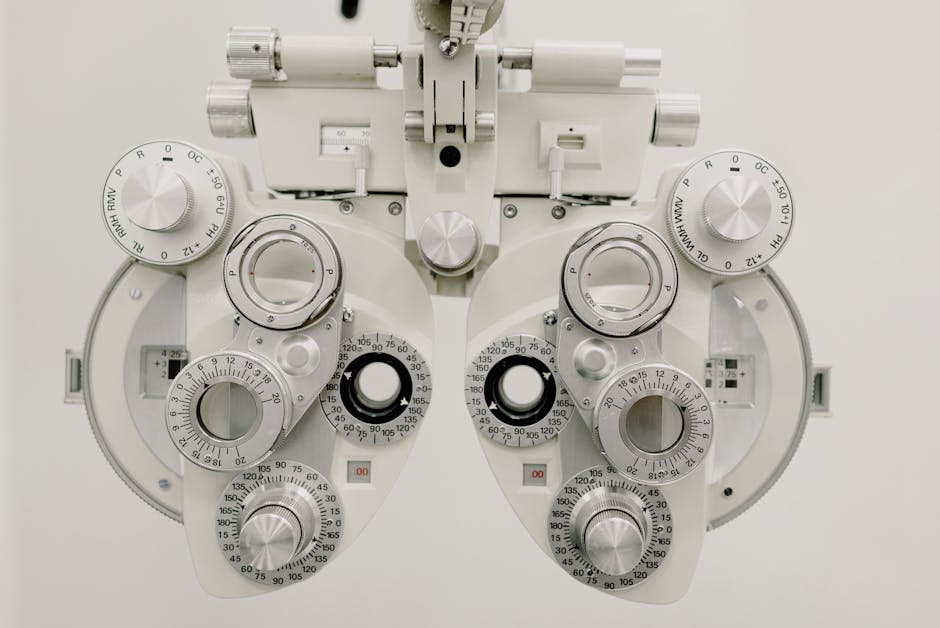The Art and Precision of Machining Job Shops in the UK
The art and precision of machining job shops in the UK represent a cornerstone of the manufacturing industry. These facilities embody a blend of traditional craftsmanship and cutting-edge technology, delivering high-quality, bespoke components to a diverse range of sectors.
From automotive to aerospace, the evolution of machining technologies has enabled job shops to achieve unparallelled precision and accuracy. The skilled workforce, with its dedication to craftsmanship, further elevates the quality of the products produced.
This introduction aims to explore the intricate processes, quality control measures, and the substantial impact machining job shops have on various industries. By delving into these aspects, we can gain a comprehensive understanding of the pivotal role these job shops play in the UK’s manufacturing landscape.
Key Takeaways
- Evolution of machining technologies has led to advancements in precision engineering and automation, with a shift towards greater automation and robotics in machining processes.
- Skilled workforce and craftsmanship are essential in machining job shops, with rigorous training programmes emphasising traditional machining techniques and technological advancements.
- Precision machining capabilities include the utilisation of CNC machining for highly precise and repeatable manufacturing processes, along with expertise in surface finishing techniques.
- Quality control and inspection processes play a crucial role in machining job shops, with comprehensive measures to verify adherence to specified tolerances and quality requirements.
Evolution of Machining Technologies

The evolution of machining technologies in the UK has been marked by significant advancements in precision engineering and automation. Over the years, there has been a shift towards greater automation and robotics in machining processes, leading to increased efficiency, accuracy, and productivity. Automation has revolutionised the way machining job shops operate, allowing for the seamless integration of computer-aided design (CAD) and computer-aided manufacturing (CAM) systems. This has not only streamlined the production processes but has also led to a reduction in human error, resulting in higher quality output.
The use of robotics in machining has further enhanced the precision and speed of manufacturing processes. Robotic arms and automated systems are now capable of performing intricate tasks with a level of accuracy that was previously unattainable. This has not only improved the overall quality of machined parts but has also allowed for greater flexibility in production, enabling job shops to cater to a wider range of customer needs.
Skilled Workforce and Craftsmanship

Skilled machinists in the UK demonstrate exceptional craftsmanship and precision in their work, contributing to the high-quality output of machining job shops. Craftsmanship is a cornerstone of the machining industry, and the UK has a rich tradition of nurturing skilled artisans who take pride in their work.
The precision and attention to detail exhibited by these craftsmen are the result of rigorous training programmes that emphasise traditional machining techniques alongside the latest technological advancements. These training programmes not only impart technical knowledge but also instil a deep appreciation for the art of machining, fostering a culture of excellence and dedication amongst the workforce.
Craftsmanship is not only about technical proficiency but also about passion and commitment to the craft. In the UK, machinists undergo comprehensive training programmes that hone their skills and foster a deep understanding of materials, tools, and machining processes. This commitment to craftsmanship ensures that machinists are equipped to tackle complex projects with precision and ingenuity, setting the stage for the next level of machining capabilities.
Precision Machining Capabilities

With a focus on precision machining capabilities, machinists in the UK leverage their extensive training and craftsmanship to deliver exceptional quality and accuracy in their work. One of the key technologies that enable such precision is CNC machining. Computer Numerical Control (CNC) machining allows for highly precise and repeatable manufacturing processes, ensuring that even the most intricate designs are produced with utmost accuracy.
In addition to advanced technology, the expertise of machinists in the UK also extends to the art of surface finishing. This critical aspect of precision machining involves the application of various techniques to achieve the desired surface texture, cleanliness, and appearance. Machinists employ methods such as grinding, honing, lapping, and polishing to attain the exacting surface finishes required for different components and products.
The combination of CNC machining and expert surface finishing underscores the meticulous approach taken by UK machinists to meet the stringent demands of precision engineering. This dedication to precision is what sets UK machining job shops apart in delivering components of exceptional quality.
As precision machining capabilities play a pivotal role in ensuring the quality of machined parts, it is essential to delve into the quality control and inspection processes employed in UK machining job shops.
Quality Control and Inspection Processes

Precision machining capabilities are backed by rigorous quality control and inspection processes, ensuring that machined components meet exacting standards for accuracy and performance.
Quality control in machining job shops involves comprehensive measures to verify that all components adhere to specified tolerances and quality requirements. This includes the use of advanced inspection equipment such as coordinate measuring machines (CMM), optical comparators, and surface finish testers to assess dimensional accuracy, surface quality, and other critical parameters.
Additionally, statistical process control (SPC) techniques are often employed to monitor and maintain consistency in the manufacturing process, enabling early detection and correction of any deviations from the desired standards.
Inspection processes are meticulously designed to encompass various stages of production, from initial material assessment to final product inspection, ensuring that every machined part undergoes thorough scrutiny before being approved for use.
Moreover, quality control personnel are trained to interpret and analyse inspection data effectively, enabling them to make informed decisions regarding the acceptance or rejection of machined components based on predefined criteria.
These stringent quality control and inspection processes are integral to upholding the reputation of machining job shops for delivering precision-engineered components of the highest quality.
Impact of Machining Job Shops on Industries

Machining job shops in the UK play a crucial role in supplying a diverse range of industries with precision-engineered components that meet stringent performance and quality standards. The impact of machining job shops on industries is significant, influencing productivity and cost efficiency in the following ways:
-
Enhanced Productivity: Machining job shops contribute to increased productivity in industries by providing specialised expertise and advanced equipment for the production of high-precision components. This enables industries to streamline their manufacturing processes and achieve higher output levels while maintaining quality standards.
-
Improved Cost Efficiency: By outsourcing precision component manufacturing to machining job shops, industries can benefit from cost efficiencies. These job shops often possess the latest technologies and efficient processes, allowing industries to reduce operational costs associated with in-house production. Additionally, the expertise of machining job shops can lead to the development of cost-effective solutions for component manufacturing.
-
Customised Solutions: Machining job shops offer industries the flexibility to request customised components tailored to their specific requirements. This customisation capability empowers industries to optimise their processes and products, leading to improved overall cost efficiency and productivity.
The influence of machining job shops on industries is evident in the enhanced productivity and cost efficiencies they bring to the manufacturing landscape.
Frequently Asked Questions
What Are the Typical Turnaround Times for Machining Job Shops in the Uk?
Typical turnaround times for machining job shops in the UK vary depending on the complexity of the project. Meeting customer satisfaction is paramount, so shops strive to balance efficiency and precision, often providing estimates based on individual job requirements.
How Do Machining Job Shops in the UK Handle Custom or Specialised Projects?
Machining job shops in the UK handle custom or specialised projects by leveraging precision engineering and specialised equipment to accommodate unique materials and custom designs. This allows for the production of high-quality, tailored components.
What Are the Common Challenges Faced by Machining Job Shops in the Uk?
Navigating challenges is intrinsic to machining job shops in the UK. They grapple with supply chain disruptions, workforce development, and fostering innovation in machining. Overcoming these hurdles demands resilience and adaptability, essential for sustained success.
How Do Machining Job Shops in the UK Stay Updated With the Latest Machining Technologies and Techniques?
Machining job shops in the UK stay updated with the latest machining technologies and techniques through continuous training programmes and networking opportunities. This allows them to learn about new advancements and best practises in the industry.
What Are the Environmental Sustainability Practises Implemented by Machining Job Shops in the Uk?
Machining job shops in the UK prioritise environmental sustainability through compliance with stringent environmental regulations and the implementation of sustainable practises. These include efficient waste management, energy conservation, and the use of eco-friendly materials and processes.
Conclusion
The art and precision of machining job shops in the UK may seem like a thing of the past, but they continue to play a vital role in modern industries. Despite the advancements in technology, the skilled workforce and craftsmanship of these job shops are still irreplaceable.
The irony lies in the fact that while we strive for innovation and automation, it is the human touch and attention to detail that ultimately ensure the quality and precision of machined parts.
Contact us to discuss our services now!
